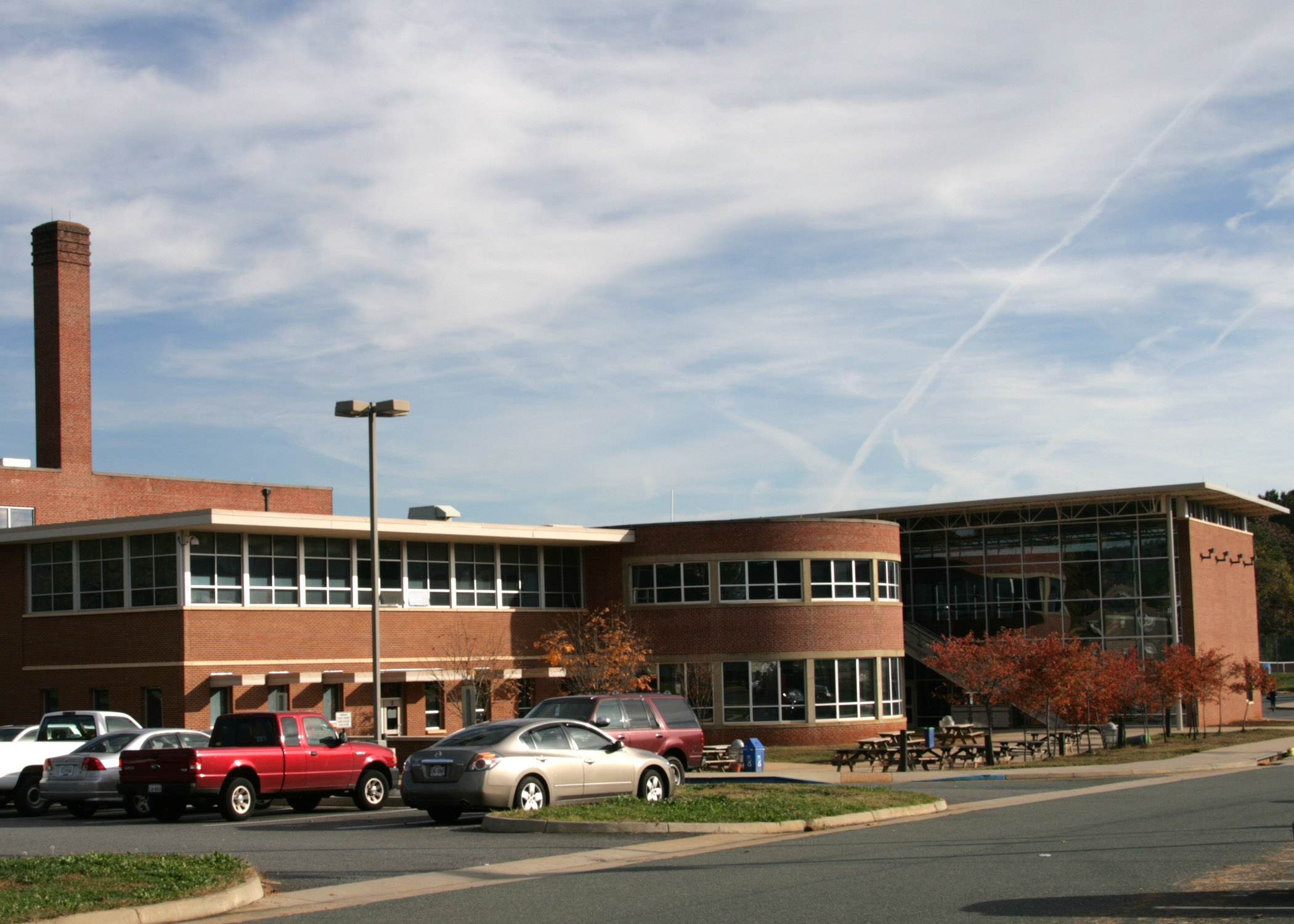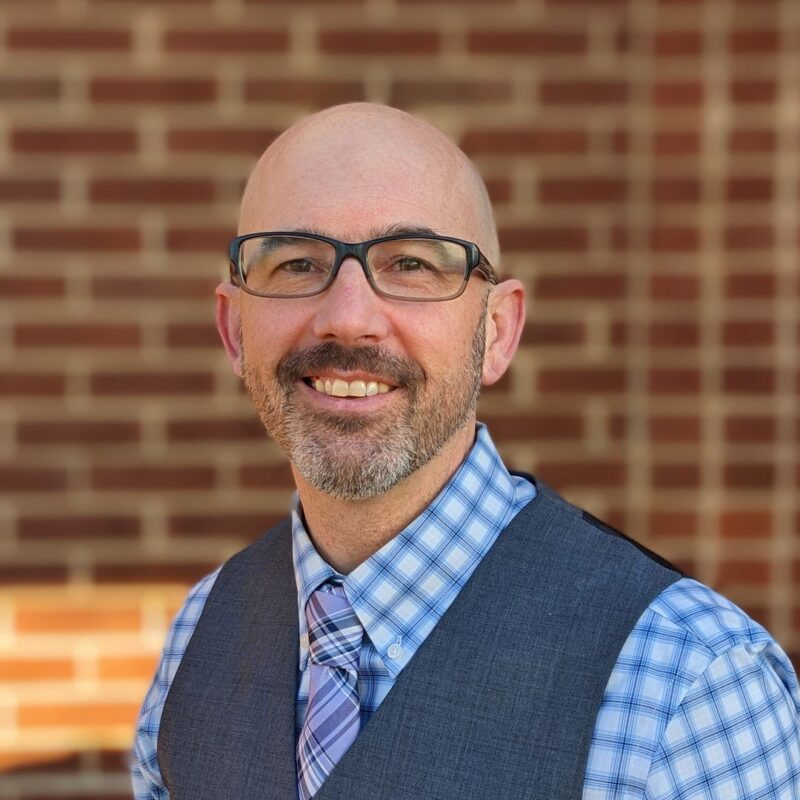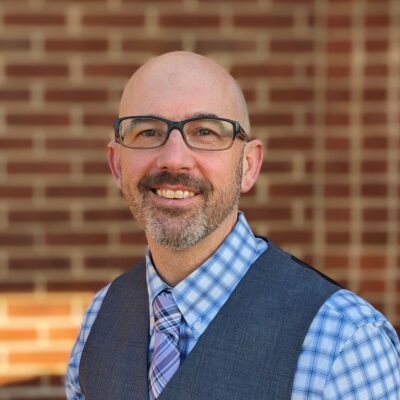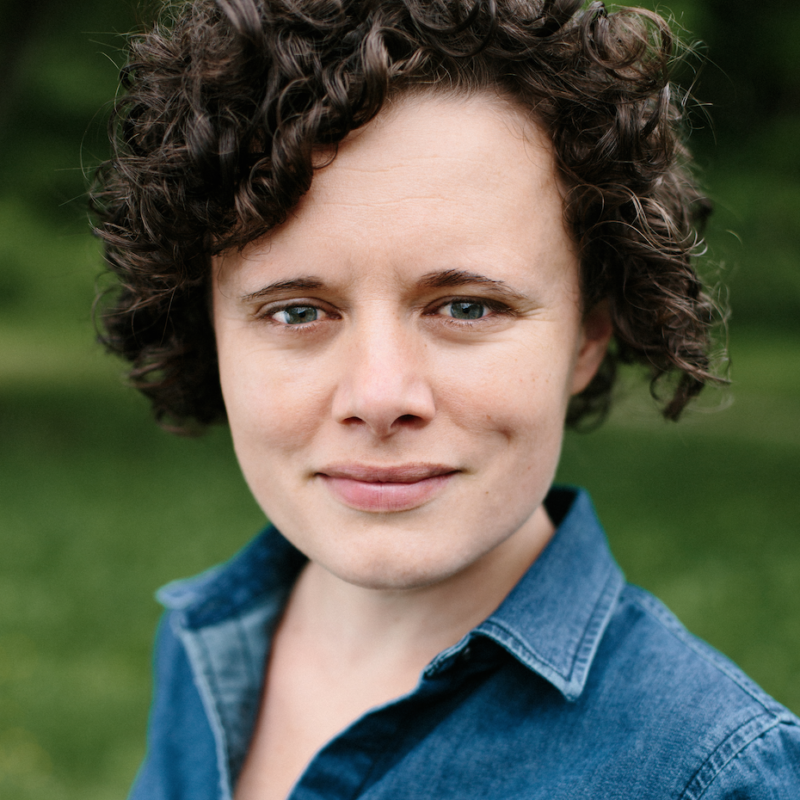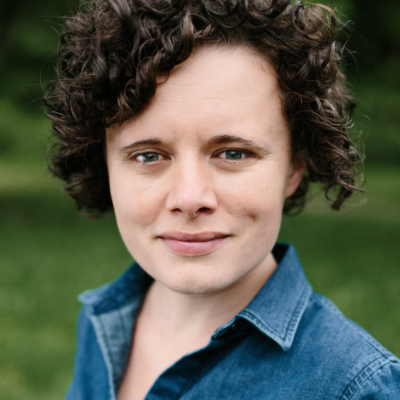On September 28, 2021, former Virginia governor Terry McAuliffe said something during the second gubernatorial debate that would spark a movement of conservatives in the state: “I don’t think parents should be telling schools what they should teach.”
The Hill would later describe McAuliffe’s statement as “deserving of a top listing in the Hall of Fame of Political Blunders.” His opponent, current Gov. Glenn Youngkin, would seize upon the gaffe, running the statement ad nauseam in attack ads and quoting it in speeches for the remainder of his campaign. He would coin the term that became a catch-all for everything from divisive content policies, transgender bathroom laws, and discussions about America’s history of slavery and racism: “parents’ rights.”
Since then, a wave of hard-right conservatives and Christian nationalists have come out of the woodwork to run in local elections for school boards, launching crusades against everything from library books to nicknames. In a matter of months, local offices were swarmed with new candidates who had big ideas, bold stances, and hot takes on how to make their little corners of America “great” again.
In the months following Youngkin’s victory, there was no shortage of firebrands on hand in those areas to carry the MAGA torch at the local level. With the 2024 presidential election on the horizon, the battle lines for America’s cultural civil war run once again through central Virginia. And in Orange County, a parent and her son are preparing for battle.
A parent’s rights
Laws are hypothetical. Fundamentally, a law is an enforced mandate that, if one commits x action, then y will be the resulting consequence. As a result, political discourse and debate is often based in theoretical discussions involving statistics, principles, and potential outcomes. Over time, talking about statistics and hypotheticals instead of actual people begins to obscure the core truth about the administration of government: The law does not affect hypothetical Americans, but real people, with rights, families, and values.
Emily Potts is not hypothetical.
Potts, a transgender woman who lives in Orange County with her non-binary child Jace, a 10th grader at Orange County High School, is among the few LGBTQ+ people living openly in one of the most conservative counties in the greater Charlottesville region. “There’s a lot more allies than you might expect,” Potts says. “But there’s not a lot of trans people anywhere in our area, much less in Orange County.”
Potts might have begun living openly as transgender in 2021, but she began her journey as a trans woman long before that.
“I’ve kind of known since I was 5 that there was … something going on,” she says. “But when I hit puberty was when I knew [for sure].”
Parents are often credited with having a kind of intuition when it comes to their children’s identity and sexuality. Potts says she had a somewhat different experience.
“My dad had no idea,” she says. “We had to work through some stuff, but we’re good now. My mom has since passed away, but she knew. I had told her a long time ago.” Potts trails off. Her mother, she recalls, sent her to a psychologist (“And not the good kind,” she says. “Think conversion therapy”) followed by military school in Georgia.
Shortly after Potts and Jace arrived in Orange County from Culpeper in 2021, Jace began living openly as non-binary. Around five months later, Emily came out as transgender and began her journey, too.
“I came out after I got sober,” Potts says. “I was self-medicating, trying to suppress it. Once I got into recovery, I realized that I couldn’t keep living like that. I think seeing Jace’s courage in coming out really helped me get the courage to do the same.”
Around the time Potts and her son were beginning their journey as transgender, the parents’ rights movement was taking hold in Virginia. They knew that because they were among the few people living openly as transgender in Orange County, the issue was too important to remain silent.
“This is going to get children hurt,” Potts recalls thinking.
Freedom*
Chelsea Quintern, a former correctional and probation officer, was among those riding the wave of parents’ rights sweeping across the state.
Quintern began her public life in 2022, after being elected to the Orange County School Board. She came out swinging, introducing two resolutions that made national headlines and put her on the radar of just about every conservative in the state. The less controversial of her proposed resolutions was the one aimed at critical race theory. It abandoned the formal, referential language of Youngkin’s executive order, and states that “Critical Race Theory endorses discrimination of individuals based on race.” But it was her LGBTQ+ policies and beliefs that brought national news coverage.
“When I heard about her transgender policy, my first thought was that it would get someone killed,” Potts says. “A lot of times, teachers are like the last line of defense for kids who don’t have a great situation at home. If you take that from them, and give them nowhere they can be themselves with people they can trust, you’re going to see kids getting hurt. Dying.”
Quintern introduced her Divisive Content Resolution at the same time as her Sexually Explicit Materials resolution, and it made headlines that day thanks to its last provision: that teachers inform parents if a student is LGBTQ+.
“The Orange County School Board declares that students shall not be subjected, but not limited, to curriculum, materials, and discussions relating to sexual orientation, gender identity, or any other sexually explicit subject without explicit consent from their parent(s),” the draft read. “Further … the [OCPS] Board requires schools to notify parents of healthcare services and involvement in critical decisions affecting students’ physical, mental, and emotional well-being; including, but not limited to self-identification.”
Quintern’s policy was as brazen as it was vague. To put it simply, she proposed that school teachers and administrators be forced to inform a parent if their child was a member of the LGBTQ+ community.
If there were people who reacted positively to this proposal, they were drowned out by the apoplectic response from the dissenters. The Washington Post ran a story about it, and Change.org petitions, blog posts, and social media posts popped up everywhere. Quintern, to her credit, didn’t flinch, showing local conservatives she was the real deal. A true MAGA acolyte.
On the day of the school board vote, students carried signs expressing outrage, while parents, current and former teachers, administrators, PTA and education department officials, and even Emily Potts took to the podium to eviscerate Quintern’s proposal as a poorly veiled attempt at notoriety.
“Your ‘therefore’ clause is so broad it would require parental notification if a teacher mentions her husband,” said former PTA president Jennifer Heinz. “If you really meant to say, ‘Don’t say gay,’ please don’t insult us by using this ruse of ‘parental notification.’”
While the CRT resolution was passed 3-2, the Sexually Explicit Materials resolution would ultimately fail with the same margin. Quintern, who did not respond to requests for comment on this article, would go on to suggest that this was her attempt to “focus on classroom learning.”
“As a board member who was elected during the wave of parental rights, it was very disheartening to know that as a collective, the Orange County School Board decided not to definitively stand up for them,” she told the Orange County Review in 2022. “The law is clear: A parent has a fundamental right to make decisions concerning the upbringing, education, and care of the parent’s child. I vow to continue to fight for these rights during my tenure.”
Potts attended one of the school board meetings and it was her first time coming out (literally) as a transgender woman. She said the amount of support she received from people was tremendous, but it was not the only response.
“One of the local Republican organizations started passing around my business card at their meetings,” Potts says. “They’ve essentially blacklisted my business in Orange. I haven’t had a single client from Orange County ever since.”
Fifteen-year-old Jace Potts is glad the resolution failed, even if it wouldn’t have affected them.
“There’s not a huge LGBT community in the school, but I’m not the only one,” they say. “I have a friend who has only come out to their sister because their parents said if they were LGBT, they would kick them out.”
Jace says the unnamed friend lives in near-constant fear of someone outing them to their parents. If Quintern’s policy had gone into effect, any teacher intuitive enough to discern what was going on, or who overheard a conversation, would be forced to blow the whistle.
“I know it could be a lot worse,” Jace says. “The politics stuff hasn’t had as much of an effect on school life as we were worried it might.”
When the Sexually Explicit Material resolution was voted down, both Potts and her child say they were relieved, but felt like it would not end there. And it didn’t.
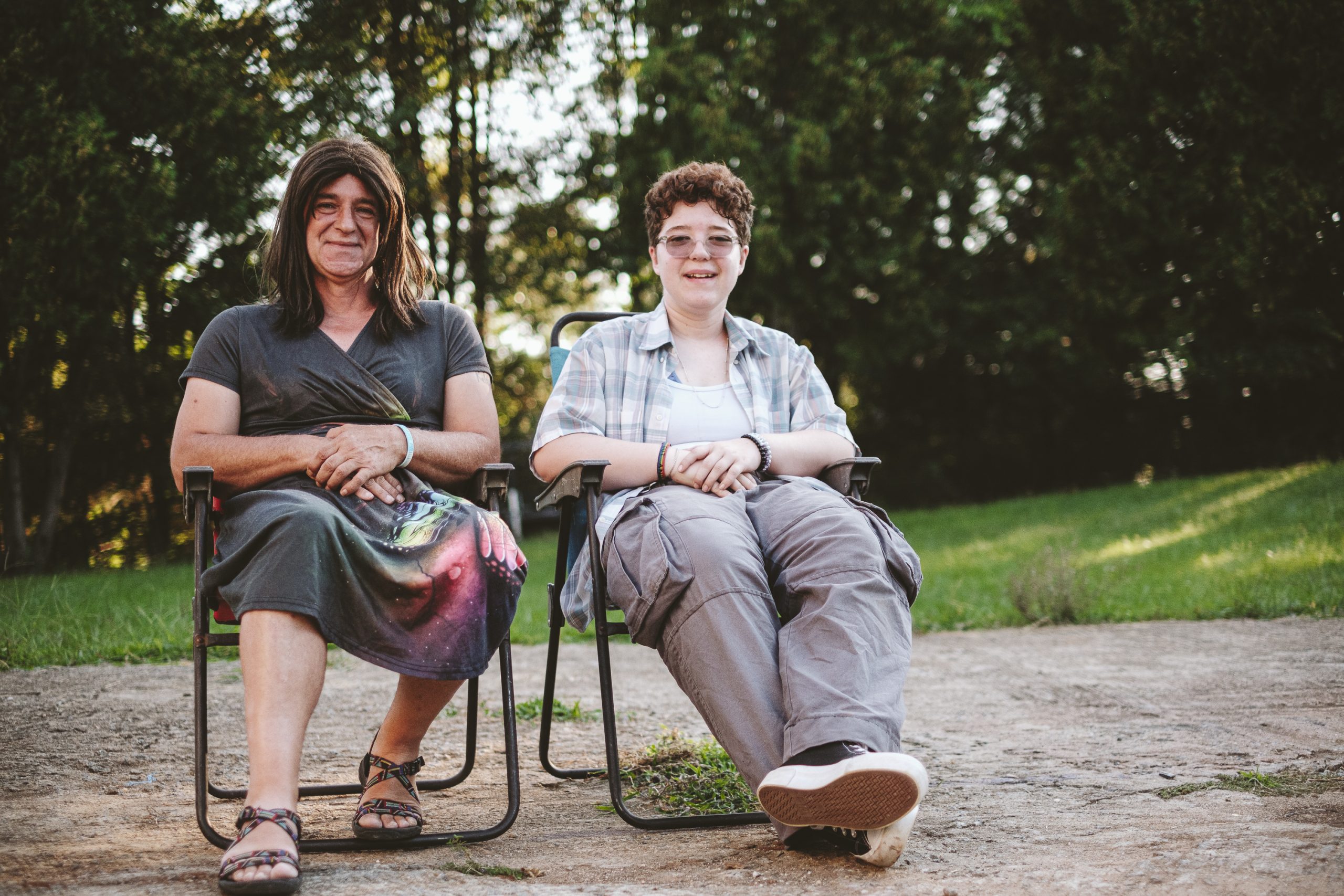
Other people’s children
On May 20, 2024, Quintern, together with District 1’s Melissa Anderson, again made headlines when they made a sudden reversal on Orange County School Board’s membership in the Charlottesville-based Virginia School Board Association, and abruptly called a vote on pulling Orange County School Board out of the VSBA entirely. All but three county school boards in the state (Warren, Orange, and Rockingham) are members of the bipartisan organization. Planning sessions do not schedule time for public comment.
Political bias, criticism of Youngkin, and a lack of utility in its services were all cited as reasons for the board’s withdrawal.
Among other useful perks, like a $2,000 discount on BoardDocs, a school board meeting software, the VSBA assists school systems with legal aid and policy review for school systems—at much lower costs than what an independent attorney would charge. Warren County School Board, the first to decide to leave the VSBA, saw costs skyrocket afterwards, and many expect the same thing to happen in Orange.
VSBA has not commented on the school systems that have exercised their choice to withdraw from the organizations. However, a Q&A published by the VSBA addressed many of these allegations of political bias.
“VSBA operates as a nonpartisan association, emphasizing a commitment to issues rather than political affiliations,” the undated document reads. “Its unwavering stance centers around opposing any measures that compromise the autonomy of local school divisions, a position that has remained consistent throughout the association’s 116-year history.”
While leaving the VSBA may have been ill-advised, it was not the decision itself that drew the most criticism, but the way in which the decision was made. VSBA membership renewal was listed as a discussion item in the planning session, not an action item. As an action item, it likely would have been postponed for public input much in the way past important decisions have been, including Quintern’s two controversial resolutions two years prior.
Two weeks later, the public was finally able to comment on the matter. While those in support praised the Orange County School Board for fulfilling the conservative agenda it had promised, those in opposition said it was fulfilling this agenda at the expense of the people who depend on the public school system.
An OCPS elementary school teacher, who spoke on the condition of anonymity, said the politicization of public schools has left educators and administrators feeling like the school board is playing for a different team.
“Teachers and children [feel] like they aren’t supported,” she says. “They live in constant fear of retaliation. Like they are walking on eggshells. There’s a lot of anxiety.”
Her biggest concern about the VSBA withdrawal is that it would take resources away from a school system that, from a faculty perspective, should be focusing on more pressing priorities.
“People are consistently sick as there is no funding for building improvements,” she says. “Teachers are being pushed to their breaking points, but are not being listened to.”
When the parents’ rights movement swept across Virginia, it was supported by concerned parents who felt like control over their children’s educational experience was being eliminated by those in power. In Orange over the past two years, Quintern, Anderson, and those like them have continuously faced criticism from parents over concerns that their policies were motivated by their own political ambition, and that their children would ultimately pay the price.
This criticism came from OCPS parents, whose rights got Quintern and so many others like her elected. But when it came time to protect them, many are left feeling like it was never about parents deciding what their kids learn in school, but Christian conservatives deciding what their children learn in school. Or what other people’s children learn in public school—Quintern’s children don’t attend OCPS.
